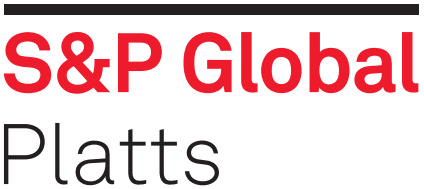
European importers of flat steel products have continued to place orders, even though the European Commission will not allocate any material to its new quotas until February 18, trading sources said.
Following the implementation of permanent safeguards on steel imports on February 2, the EC is not allocating any material for 11 working days, meaning importers will not be able to see how much has been imported, and from which country, until February 18.
“Where a new tariff quota is opened, the Commission shall not allocate quantities under that tariff quota before the 11th working day following the date of publication of the Union act opening that tariff quota,” the EC regulation stated.
All member states can update their systems, according to UK HM Revenue & Customs.
As of Wednesday, there was no new allocation volume shown on the EC website after preliminary quotas ceased on February 1. A source at the EC told S&P Global Platts this week that companies can make requests now, but the quota allocation decisions will only be effective after the 11-day period and allocations will be done in chronological order of dates of the acceptance of customs declarations.
The quota database website could theoretically show an amount of volumes awaiting allocation during that time, according to UK HM Revenue & Customs. In a letter dated February 5, it said, “this will not be a true reflection of the total amount claimed from all member states.”
Sources, however, said this blocking period has not stopped them from placing orders.
“We are still booking imports. We haven’t got a stop sign from corporate that we hold back — quite to the contrary,” said a France-based source, adding that as the quotas would be new and risks of them being filled quickly for flat steel, there would be no reason not to import.
Over the past few days, however, import offers particularly from India and Turkey have increased. This makes imports, particularly for hot-rolled coil, unattractive as the current spread between domestic and import prices has shrunk to around Eur30/mt. Sources said the lowest CIF Antwerp import prices were at Eur470/mt for HRC, up by around Eur10-15/mt. One source said he also heard prices at Eur490/mt CIF.
“Turkey is not willing to give anything for free,” one trader said.
While sources commented that the global quarterly HRC quota would be “generous,” the case might be different for hot-dipped galvanized, as coated sheets have been split into two categories specifying more grades, including Chinese and Korean grades primarily used for the automotive industry.
The EC said that it had fielded concerns that automotive grades should be excluded based on a lack of material availability. Following an investigation, however, the EC found that there would not be a shortage of coated sheets in the EU.
The case might also be different for wire rod and rebar, as sources said that quotas could be filled quickly. “There are a lot of tons waiting to be cleared for longs,” the trading source said.
— Laura Varriale




